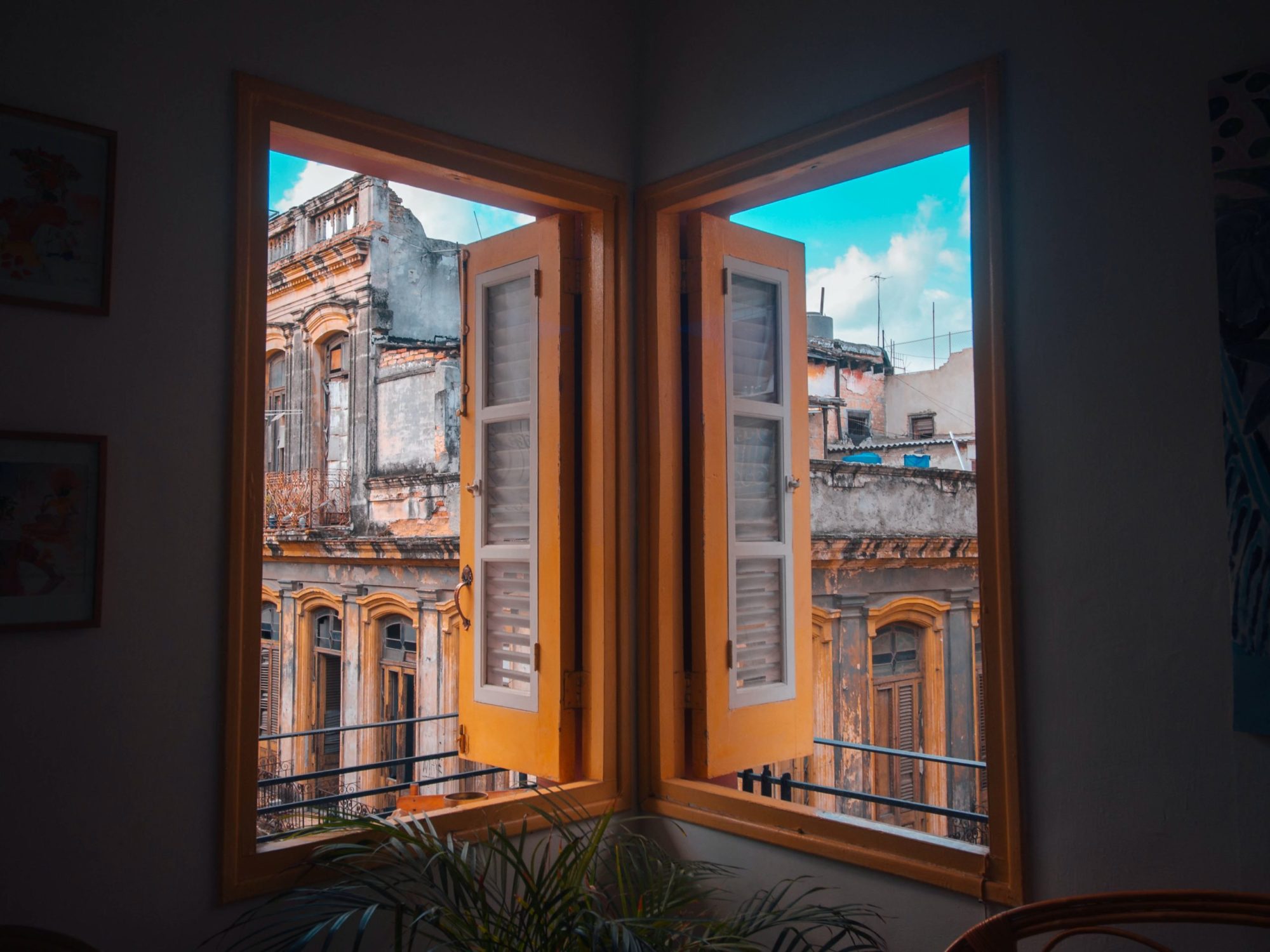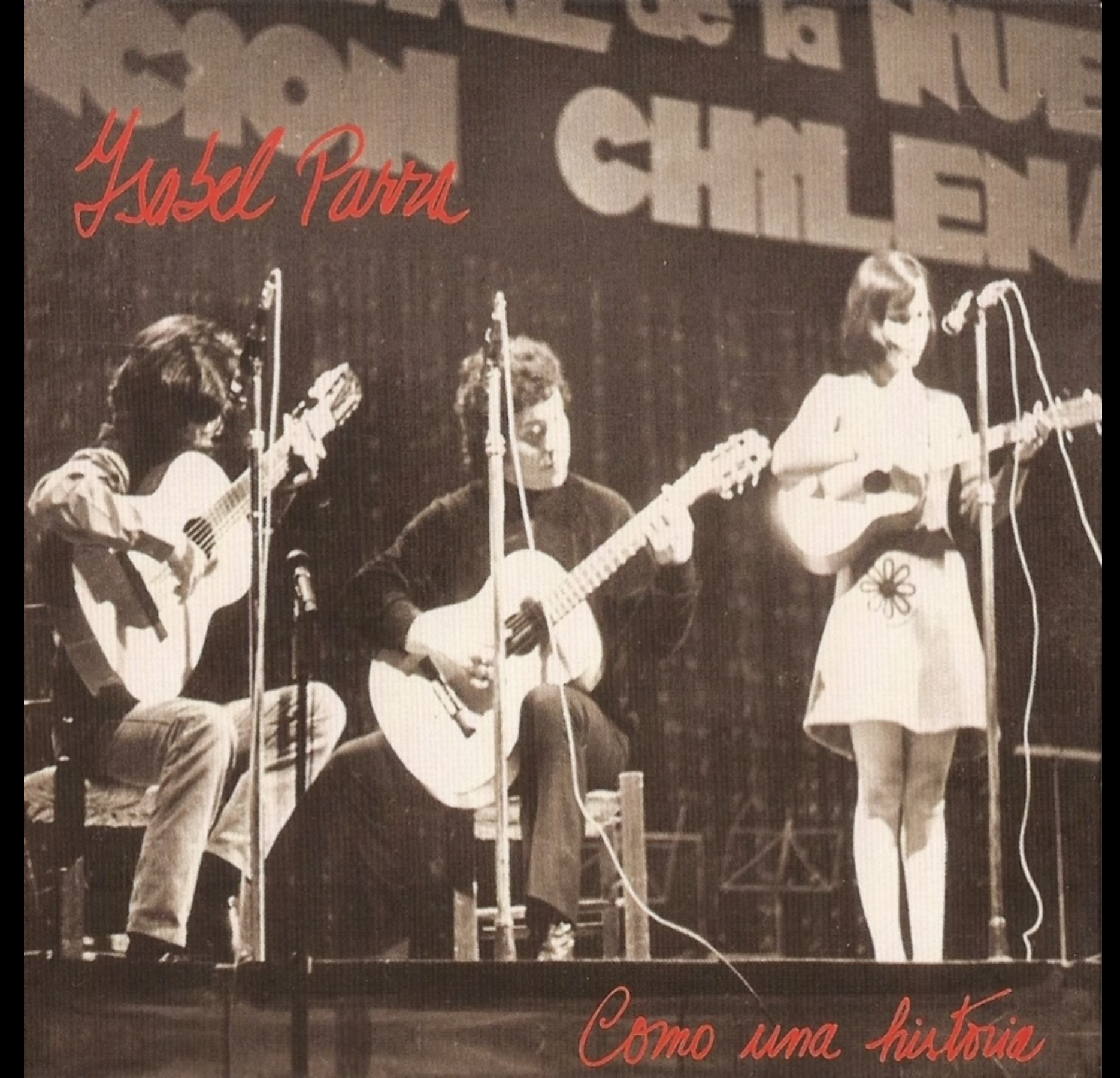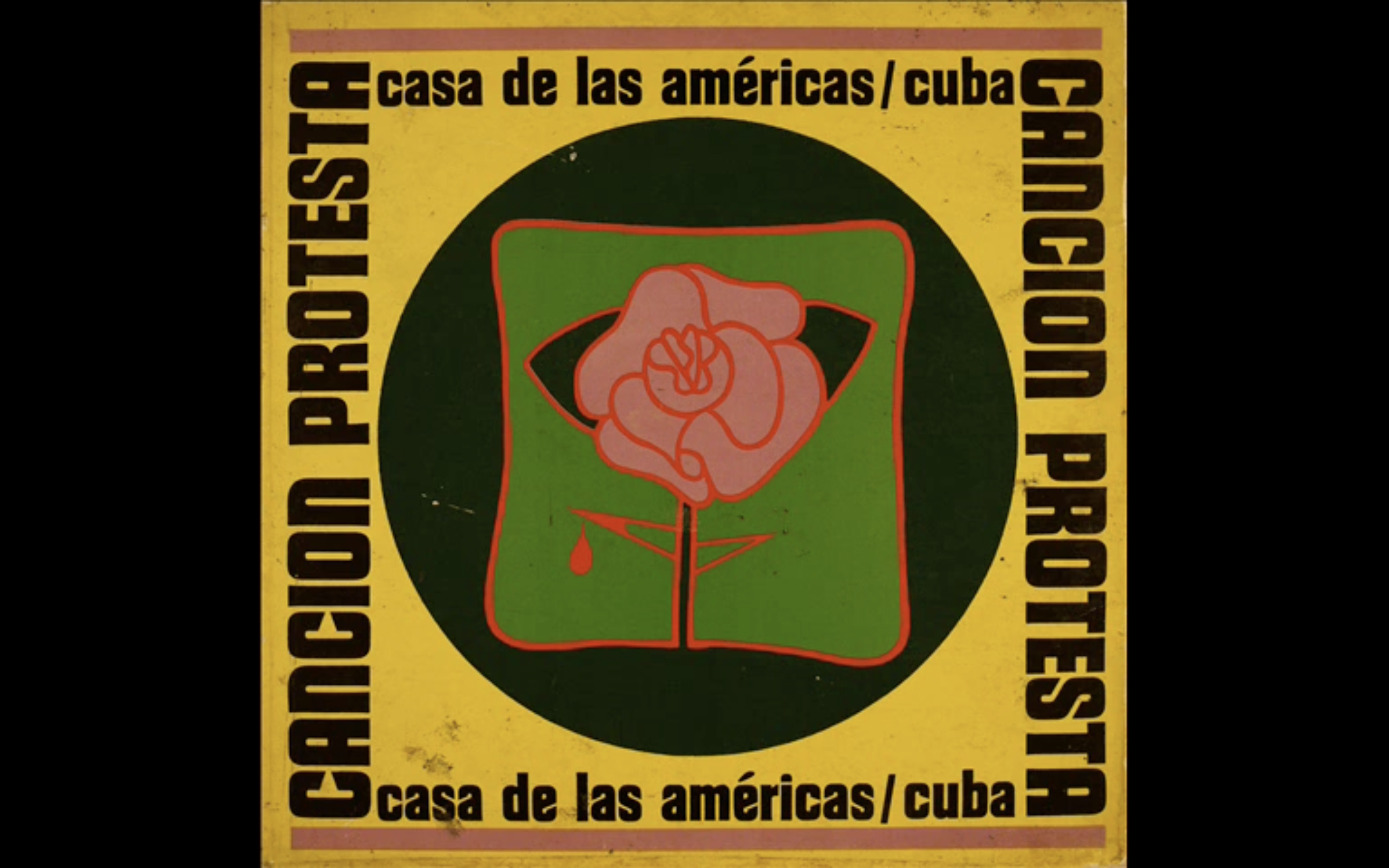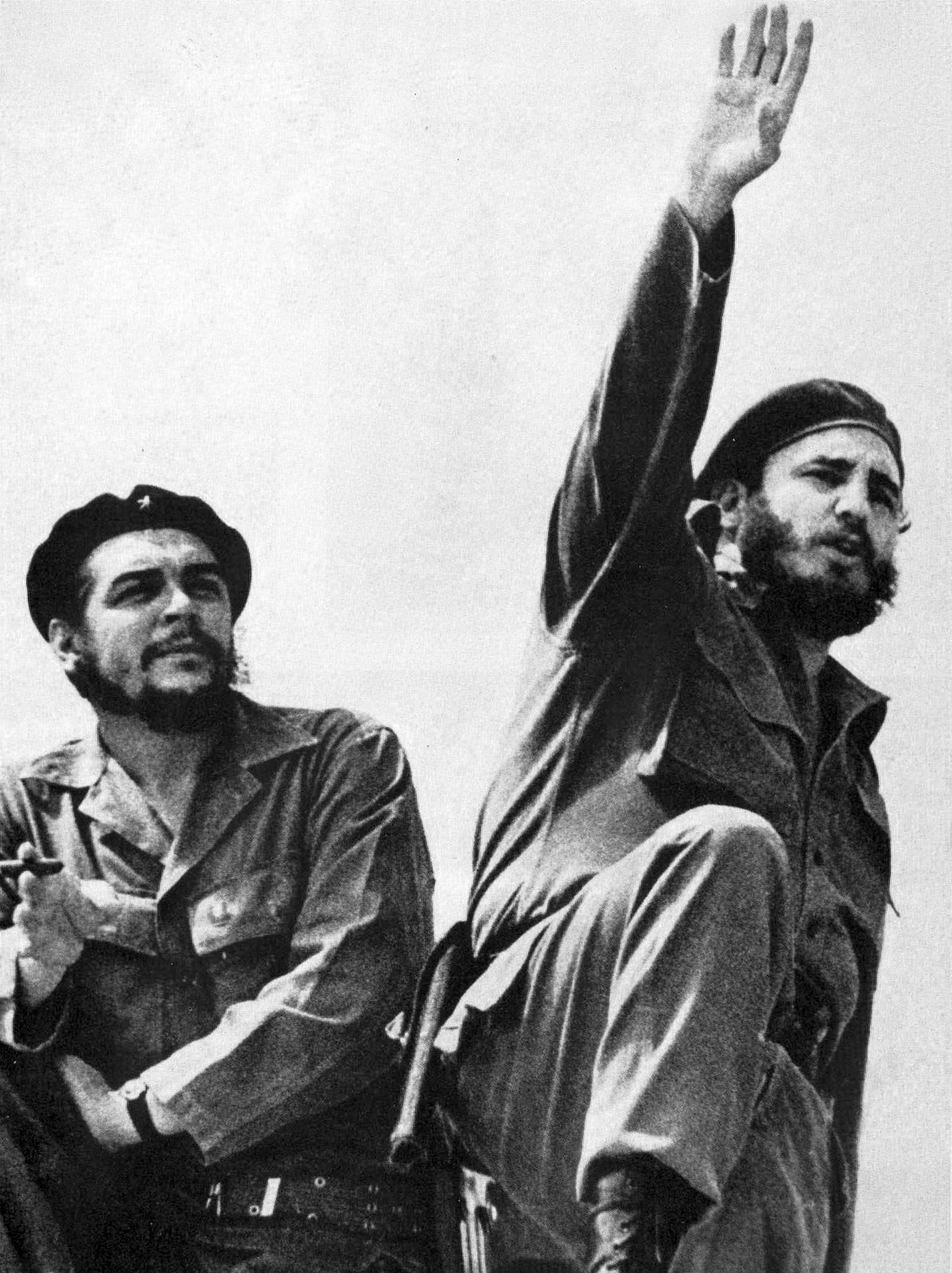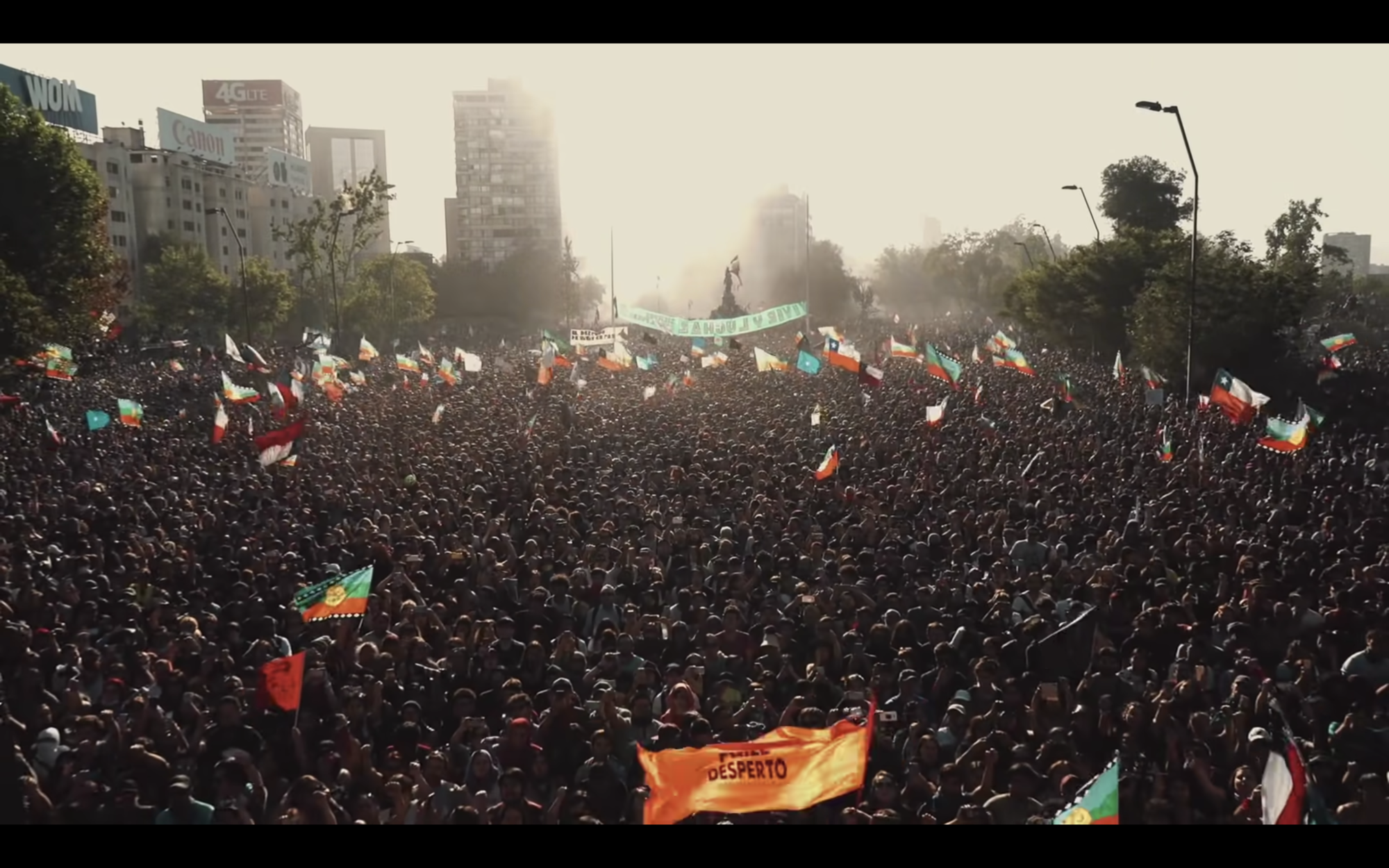“We have to consider that Cuba and Chile are the vanguards of a process that has to reach the rest of the Latin American people,” Chilean President Salvador Allende told Cuban revolutionary leader Fidel Castro when the latter visited Chile in 1971. Only a year earlier, in 1970, then-US Secretary of State Henry Kissinger told the secretive, ultra-powerful 40 Committee, which oversaw all major CIA decisions, “I don’t see why we need to stand by and watch a country go communist due to the irresponsibility of its own people.”
It was the era of the Cold War in Latin America, when the global conflict between socialism and capitalism was wrought intimately in elections, coups, guerilla warfare, and, also song.
Cuba and Chile were two countries at the heart of this conflict, fighting domestically and internationally over ideologies and programs. Although Cuba and Chile embarked on different political trajectories to achieve their similar aim of asserting independence from US hegemony, the two countries were inextricably linked. One such link is the emergence of song movements in Cuba and Chile — the Nueva Trova Cubana and the Nueva Cancion Chilena, both of which were featured at the First International Meeting of the Protest Song, which was held at the Casa de Las Americas, Cuba, in 1967. This year marks 55 years since the event.
At a time when Chile has a new left-wing presidency working to dismantle the lingering living legacy of the dictatorship-era, and while Cuba is still a target of US subversive actions, a glimpse into musical history can elucidate and inspire, both as a way to commemorate Latin America’s protest song heritage, and perhaps, to seek a renaissance of such songs of resistance.
The Context
On Jan. 1, 1959, Fidel Castro’s July 26 Movement ousted the US-backed dictator Fulgencio Batista. In the following years, Fidel, as he is called by his sympathizers, ushered in a series of reforms in health, education, and agriculture, which the US feared would instigate a ripple of social change in the region. While the US preached investing in meeting basic human needs in the 1970s under the USAID agenda, its Latin America agenda was decidedly neoliberal, and the leftist movements in Chile and Cuba threatened US hegemony in the region. The US’ greatest fear was realized when Allende’s Unidad Popular catapulted Chile into socialism through its long-standing tradition of democratic elections. The US realized that the social revolutionary process might not necessarily need guerrilla movements, but that a grassroots mobilization with the potential to reach the people and unify their aspirations with a devoted leader could have powerful effects.














